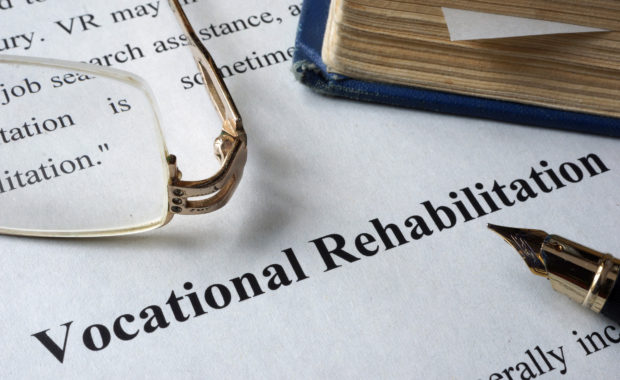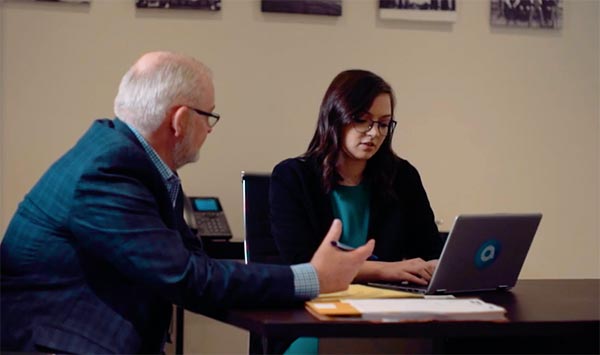Employability Assessment
If your claim is accepted and you are off work for a fair amount of time, you may have to meet with a vocational counselor assigned to the claim by the adjuster. Sometimes this person is referred to as a “rehabilitation” or “rehab” counselor. The vocational consultant’s job, at first, is usually to get a detailed description of what your job was where you were injured. In that case, be specific about what you did physically, what you lifted, what made it hard, and what caused physical problems.
If it is later in your claim and you know that you are not going be able to go back to work at the job where you were injured, the vocational consultant may be gathering information from you to figure out what kind of jobs you may be able to do in the future. If you are in that kind of interview, understand this:
This is not a job interview where you are trying to prove you can get a job. It is human nature to be proud of what you have done in the workplace. All too often, people make their jobs sound bigger, better, and more important than it really was.
How To Talk to the Vocational Rehabilitation Counselor
If the vocational consultant asks if you have experience “supervising people” and you remember the one time your boss was sick and left you in charge for a couple of days and for those two days you ordered people around, don’t say you have real experience as a supervisor. You were never officially were a supervisor and didn’t do it long enough to gain that skill.
The fact is that doing something for that short of time doesn’t give you enough experience to include that as a job skill. Removing a splinter from your thumb with tweezers doesn’t mean you’ve done surgery.
Don’t treat the discussion about your job experience in the past like you are on a job interview you are desperate to get – it won’t help your claim.
The vocational consultant is looking for “transferable skills”—skills that you may still be able to do that might help you get another job. It is important that you don’t overstate your skills or exaggerate your experience. Why? Because the rehab consultant and adjuster will use these overstatements and exaggerations to show that you are capable of making more money than you really are!
Once you reach maximum medical improvement (MMI), the adjuster will work with your doctor and sometimes the vocational consultant to determine if your injury has had a permanent impact on your ability to work. This is the process of matching up any permanent restrictions you have with your time of injury job. If you can’t do your time of injury job, then the vocational consultant will try to identify other jobs in your area (or sometimes in the state of Montana) that you qualify for based on your work experience and education.
Those jobs are sent to your doctor to see if the doctor thinks you can perform them. Overall, the point of this stage is to figure out if you can still work and if you can’t return to your time of injury job, figure out what you can do.
If you have an attorney representing you, the attorney should be sitting in on the interview and participating. These interviews take anywhere from 30 to 90 minutes. Many attorneys do not want to spend the time to sit in on these interviews. That is a mistake. You should insist that your attorney is involved.
You can learn more about the rehabilitation process in our book, Hurt at Work: An Insider’s Guide to Your Montana Work Comp Claim. It’s available on the main page of our website, www.mtworkcomplawyer.com.


